“2025 will be a year of rebuilding and renewal,” says Barak Rabinowitz, Managing Partner at F2 Venture Capital. “One where we turn challenges into opportunities and continue to prove why Israeli tech is indispensable to the global economy, especially in cybersecurity and now AI, which is being applied across every industry.”
Rabinowitz shared his reflections as part of CTech’s 2025 VC Survey, where prominent investors outline their thoughts on the previous 12 months and highlight hopes and expectations for the future.
“We are at the early stages of a profound technological shift, on par with the advent of the PC, the internet, and mobile. Historically, 2-3 years into each of these waves, Israeli startups have emerged as global category leaders,” he added.
Fund ID
Name of fund/funds: F2 Venture Capital
Total sum of the fund: $500M
Partners: Jonathan Saacks, Barak Rabinowitz, Maor Fridman, Nurit Benjamini
Notable/select portfolio companies (active): Zero Networks, Faye, Darrow, Astrix, 4M Analytics, Justt
2024 is almost over. How can you summarize it in terms of the Israeli high-tech industry?
2024 was a year that reminded us of something deeply ingrained in Israeli history and culture: in every generation, they try to destroy us — and we persevere. For years, the Israeli high-tech sector enjoyed relative calm and growth, becoming a global leader in innovation. Then came the war, a devastating and challenging period that tested us as people, as a nation, and as professionals. Yet, what stood out — and what a new cohort of global investors and multinationals saw firsthand — was the depth, brilliance, and unmatched resilience of the Israeli tech ecosystem. Through immense adversity, we delivered. Teams worked under sirens, developers solved problems from reserve duty, and companies adapted with creativity and speed. It’s not just about innovation anymore; it’s about showing the world what we’re made of: the ability to overcome any challenge and build for the future, no matter what.
Looking ahead to 2025 – What challenges and opportunities await the Israeli high-tech sector in the coming year, and how are you, as investors, preparing for them?
2025 will be a year of rebuilding and renewal — one where we turn challenges into opportunities and continue to prove why Israeli tech is indispensable to the global economy, especially in cybersecurity and now AI, which is being applied across every industry.
We are at the early stages of a profound technological shift, on par with the advent of the PC, the internet, and mobile. Historically, 2-3 years into each of these waves, Israeli startups have emerged as global category leaders — take Waze, for example, which capitalized on the mobile revolution at a time when folks were asking if Israeli startups missed the wave.
We believe 2025 will mark the rise of the next generation of category-defining leaders in AI. Israeli entrepreneurs are already showing they can build AI-powered solutions that are practical, scalable, and transformative across industries. As investors, we’re focused on identifying and supporting these companies early, ensuring they have the tools, talent, and capital to lead this new wave of innovation.
How will new American leadership affect the global high-tech industry or economy? And where does this place Israel and its entrepreneurs?
Based on Trump’s previous term and the policies outlined in his platform for reelection, we expect the upcoming administration to prioritize a pro-business, pro-innovation agenda. This could result in a friendlier environment for U.S. startups, with reduced regulatory hurdles and an emphasis on fueling technological growth.
Israeli startups, which predominantly target the U.S. market, are well-aligned to benefit from these developments. Any positive momentum for Silicon Valley and the broader U.S. tech ecosystem is likely to have a direct and favorable impact on Israeli companies, strengthening their ability to scale and succeed globally.
Looking forward, two significant trends are shaping the global high-tech landscape: a rapid adoption of AI to drive growth and efficiency, and an evolving U.S.-China dynamic that is reshaping global tech alliances. While Israeli startups may not compete directly with Chinese companies in the U.S., this shift could open new doors for collaboration and growth in the American market, as partnerships with trusted allies gain importance.
With the U.S. doubling down on innovation, particularly in AI, Israeli entrepreneurs are well positioned to seize new opportunities and lead globally, building the next wave of transformative companies.
What are the three most important things the Israeli government should do today to accelerate the high-tech engine in the coming year?
To accelerate Israel’s high-tech engine in the coming year, the government must focus on three critical priorities:
-
Repair and enhance Israel’s global image: Over the past year, the world has been saturated with negative PR. Israel’s reputation as a hub of innovation, ingenuity, and resilience must be actively restored through strategic investments in public diplomacy and showcasing our technological leadership on the global stage.
-
Strengthen and expand ties with the Gulf countries: With Trump poised to refresh and expand the Abraham Accords, there is a tremendous opportunity to build stronger economic bridges to the Gulf. These partnerships can unlock new markets, investments, and collaborations that will benefit Israeli startups and the regional economy alike.
-
Open the market to foreign talent: To maintain our competitive edge, Israel must reduce barriers to highly skilled foreign workers and talent. In a global tech race, access to skilled professionals is vital for growth. Welcoming qualified talent from abroad will ensure Israeli companies have the human capital they need to scale to new heights.
Are there new sectors you see as relevant? Are there any fields you anticipate will weaken significantly in the coming year?
We are always on the lookout for large, overlooked, or underserved markets where Israeli ingenuity can deliver outsized impact. One area that recently caught my attention is academic research and publishing. Surprisingly, it’s a $20 billion annual industry riddled with inefficiencies — from slow peer reviews to politics to errors — making it ripe for disruption. Technology can dramatically improve processes here, unlocking speed and accelerating science and innovation, itself.
Looking at horizontal platforms, there is a big opportunity for AI-powered Live Ops. Drawing on proven capabilities from homegrown gaming giants like Playtika and Moon Active, Israeli talent excels at running real-time operations to maximize the value of every customer. This capability has significant potential well beyond gaming to power the rapidly growing mobile app economy.
Is Israel missing out on the AI revolution in the global arms race? If not, what should the local industry focus on to join the global race?
Israel is not missing out on the AI revolution but we need to be deliberate about where we focus our efforts to cement our position as an AI superpower. This means focusing on AI applications, weaving AI technology with deep vertical expertise and commercial execution capabilities. Although the hardware and foundation lawyer receives much of the media attention because of high-profile players like Nvidia, OpenAI, and Anthropic, our strength as Startup Nation lies in being highly agile and capital-efficient to reach product market fit.
Could the global IPO drought end in the coming year?
Yes, barring another global disruption, the IPO window is set to reopen in 2025. There’s a strong pipeline of Israeli startups ready to go — high-quality, fast-growing businesses that have been waiting for the right moment. With macroeconomics stabilizing and geopolitics calming, we’re already seeing high flyers preparing to file. 2025 is shaping up to be the year we return to NASDAQ to ring the bell.
From an investor’s perspective: will the coming year be better for early-stage startups or more mature companies?
From an investor’s perspective, 2025 looks promising for both — but in different ways. For early-stage startups, the focus will be on disruptive ideas and lean, AI-driven business models that can scale efficiently. Investors are eager to back bold innovation, especially in overlooked markets or emerging technologies.
For mature companies, the emphasis will be on execution. Companies that have weathered the storms of the past two years, demonstrated resilience, and streamlined operations will be well-positioned for growth, partnerships, and even IPOs as the window reopens.
The key for both stages is capital efficiency and clarity of vision — investors are looking for teams who can thrive in today’s environment and lead in tomorrow’s.
Did you raise fund money in 2024 for an existing fund or a new one? What are your expectations regarding this matter for 2025?
We are currently deploying our Fund III and continue to build out the portfolio with great companies before we go back to market.
How many investments did you make in 2024, and how does it compare to previous years?
Momentum continued to build in 2024, with F2 making 23 investments across pre-seed, seed, and growth stages (the latter exclusively in companies where we led the seed round and had strong conviction). This marks a slightly higher investment pace than in 2023.
As we look ahead to 2025, we see exciting opportunities emerging with the rapid adoption of AI and its transformative potential across industries. However, our approach remains consistent: we deploy capital only when we have deep conviction in both the opportunity and the founding team. We’re committed to a disciplined, patient strategy, ensuring we partner with the right-fit teams at the right time.
Provide an example of an intriguing investment you made in 2024. What sets this company apart, or what is distinctive about its sector?
In 2024, we doubled down on Faye, the fastest-growing travel insurance company in the U.S. What’s particularly intriguing is that we first backed the company during Covid — a time when travel had completely ground to a halt. While others pulled back, we anticipated the rebound.
In reality, the post-Covid desire to explore the world, combined with disruptions from climate change and IT failures, created even greater demand than we had planned for. What sets Faye apart now is its vision: moving beyond insurance to become the world’s leading travel super app, looking after all your needs on the road — from real-time assistance to seamless, AI-powered services.
Faye is a perfect example of betting on visionary founders and a category ripe for reinvention to delight customers.
Two notable companies that you think will thrive in 2025. These can be from your portfolio or not.
Company Name: Astrix
Sector + description of the product/service: Cybersecurity – Astrix Security is the first platform purposely built to control and manage the lifecycle of non-human identities, helping enterprises like NetApp, Figma, and Agoda control their NHI attack surface and prevent supply chain attacks. The platform provides continuous discovery, posture management, threat detection, and automatic remediation for non-human identities across business and engineering environments.
Investment amount + total: Raised $85M to date
Founding Year: 2021
Reasoning why this is their year: 2025 is Astrix’s year because they’re solving a critical and overlooked challenge: securing non-human identities (NHIs). For every human user, there are now 50+ digital workers — API keys, service accounts, and AI agents — that power modern enterprise operations. Astrix identified this blind spot early, building a platform that detects, manages, and secures NHIs across SaaS, cloud, and on-prem systems.
As AI adoption explodes, the attack surface is growing exponentially. Astrix is not just participating in the AI-driven enterprise security market — they’re defining it. This makes them one of the most exciting bets in cybersecurity right now.
Company Name: Darrow
Sector + description of the product/service: Legal Tech – Darrow is an AI-Powered Justice Intelligence Platform that sifts through real-world data and legal data to detect harmful events, determine the number of victims, predict the outcome, and assess the financial value of a case. Using generative AI, Darrow uncovers egregious legal violations, matching plaintiff’s lawyers with their next big case so they can stop spending valuable hours on business development and focus on what they do best: fighting for justice.
Investment amount + total: Raised $55M to date
Founding Year: 2020
Reasoning why this is their year: This is Darrow’s year because they are perfectly positioned at the intersection of three major trends: the rapid rise of AI, increasing regulatory complexity, and the growing importance of legal risk management for enterprises.
As AI accelerates, detecting and addressing real-world violations has become more critical than ever. Regulatory changes are driving a surge in legal infractions, while companies face mounting challenges in managing legal risks proactively. Darrow uses AI to surface hidden legal violations and empower law firms to act at scale, transforming legal accountability into a data-driven process.
The legal tech space is heating up, with high-profile funding rounds for companies like Harvey and EvenUp underscoring investor demand. In a world where compliance and legal exposure can make or break an enterprise, Darrow is not just keeping up — they’re leading the way.
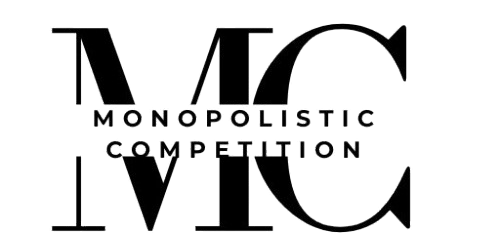

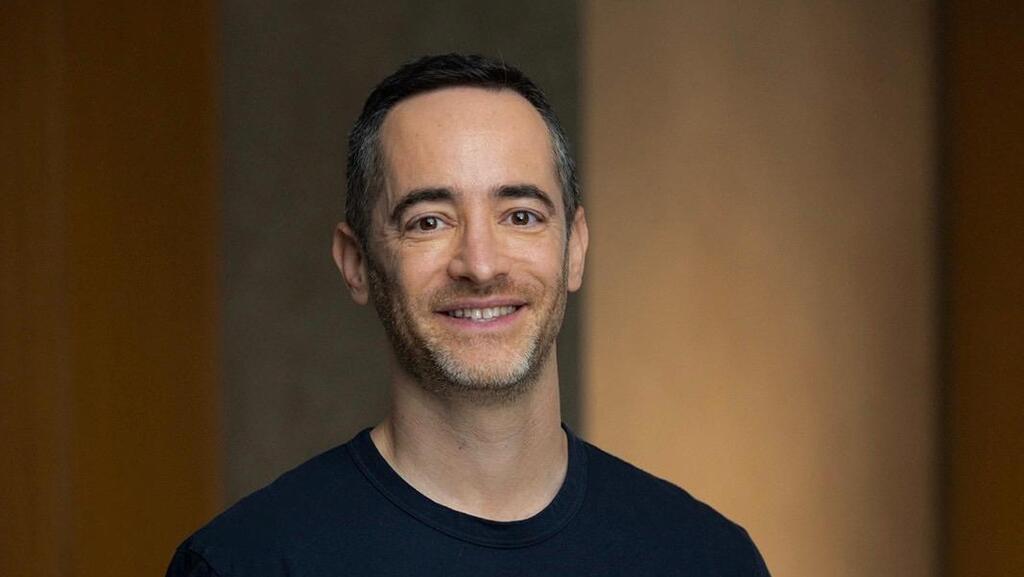

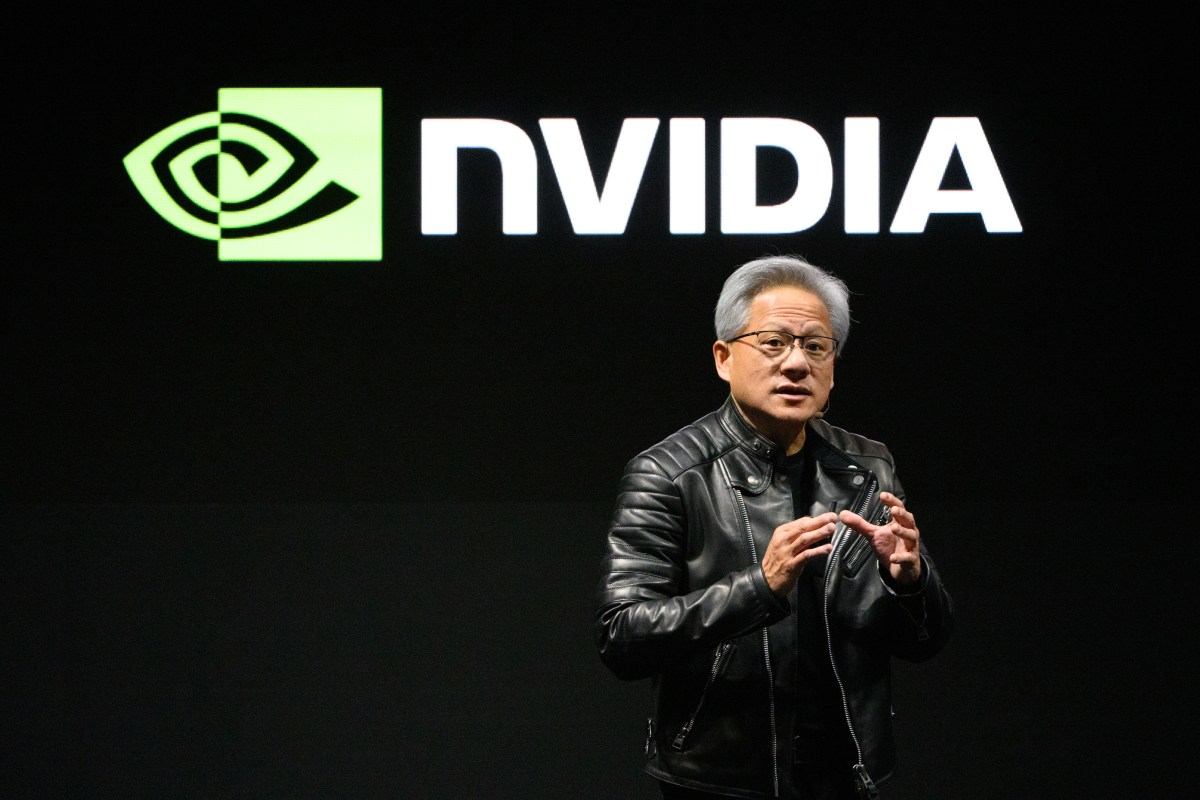

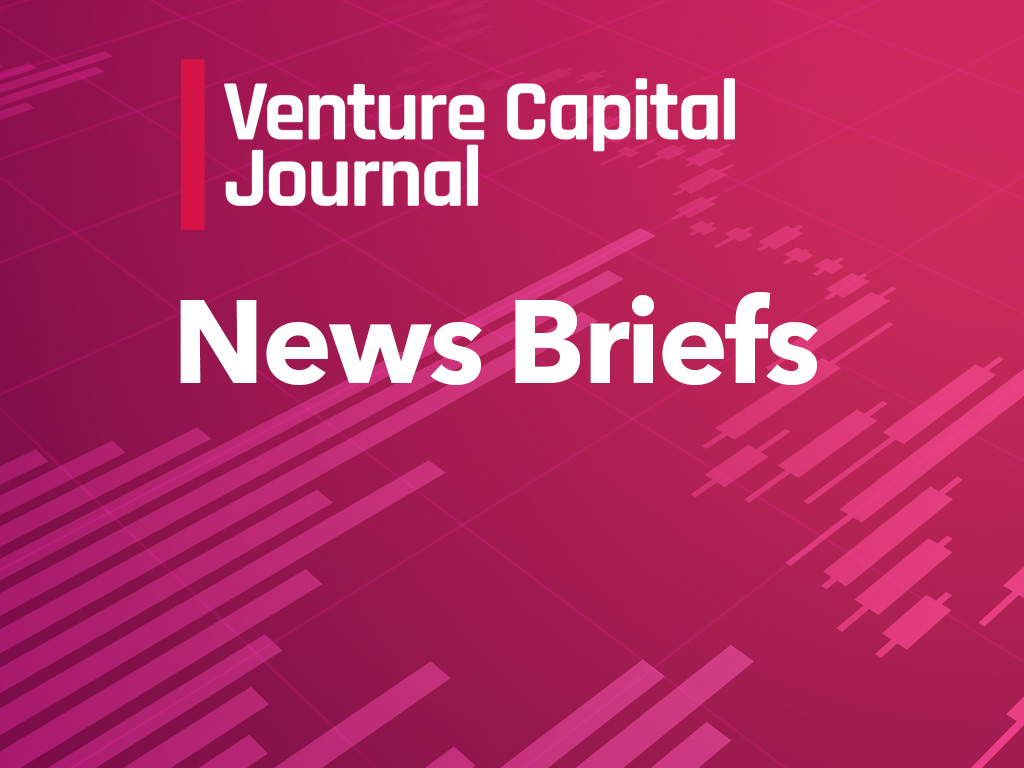
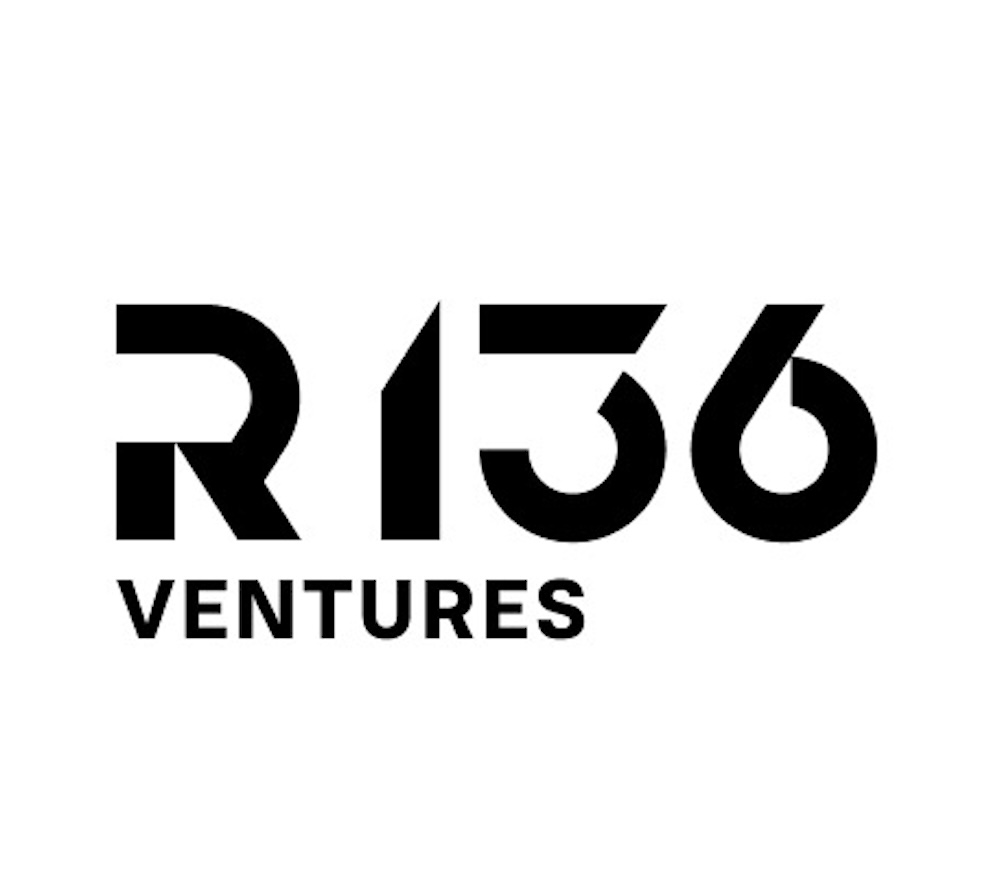





Leave a Reply